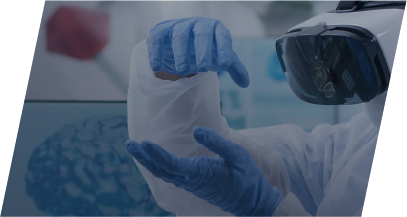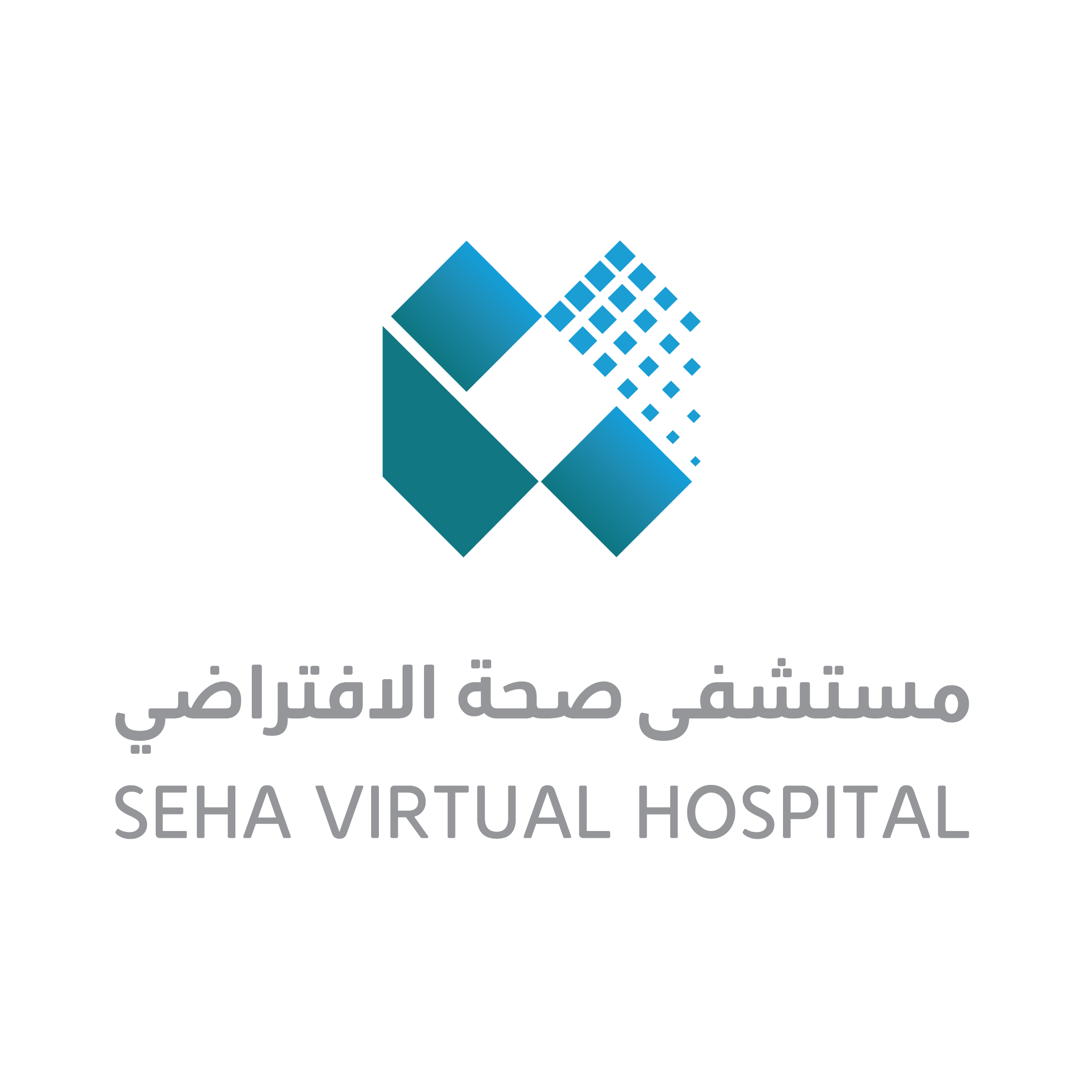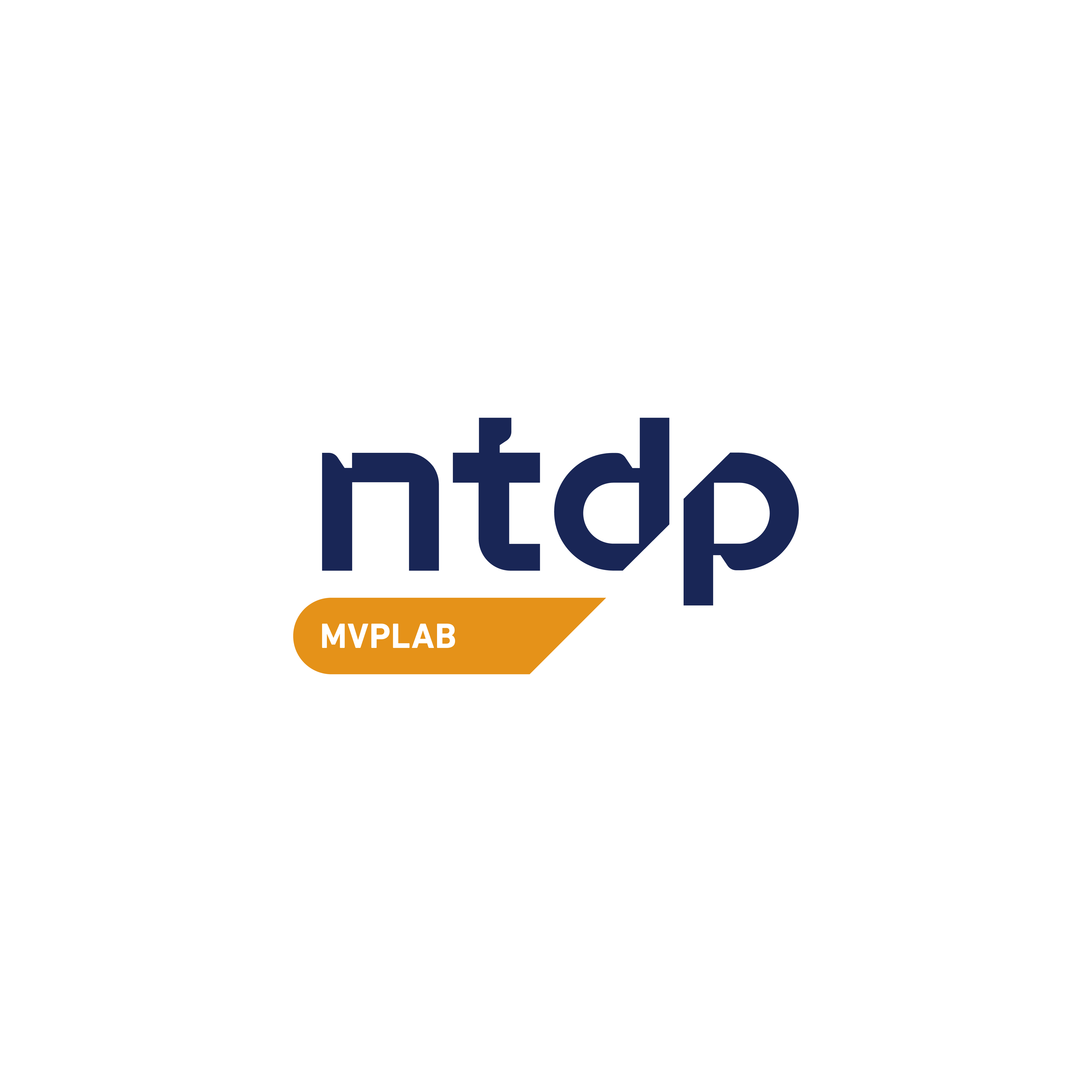CODE HQ
9 February to 27 May

A digital challenge focused on providing solutions in the field of health technology. The challenge connects the fundamentals of business model development with the principles of product innovation in the sector.
9 February - 10 April
13 - 17 April
20 - 24 April
25 - 29April
30 April - 08 May
11 - 22 May
26 May
Later
FAQs
- Hospital Operations Challenge
- Doctor-System Interaction
Attending workshops and counseling sessions is required to fully benefit from the program.
We are pleased to contact you and we will always be ready to help on the following e-mail: digitalchallenges@mcit.gov.sa.
There is no fee as the Digital Challenges Program aims to support the nation's youth and raise technical competence in general
Given the importance of each path of the challenge, it is necessary to register the participant with only one idea for each path separately.
It will be an intensive program that includes extensive training workshops and mentoring sessions with technical experts.
Both languages, Arabic and English.
- Innovation & Usability: The solution should offer a novel approach to data visualization and interaction, enabling non-technical users (managers and leaders) to extract insights easily.
- Technical Robustness: The solution should demonstrate the ability to efficiently process large datasets while supporting a high number of simultaneous users.
- User Empowerment: Provide functionalities that allow leaders to interact with data in real time using natural language queries or similar innovative methods.
- Scalability & Flexibility: The solution should support various data sources, including structured data stored in database tables, data files (e.g., Excel, CSV), and unstructured free-text data such as clinical notes.
- Accuracy: The solution must reliably capture and transcribe mixed-language patient–doctor interactions with high accuracy.
- Clinical Relevance: Automated mapping of clinical terms to codes should be precise, and the system should identify missing critical clinical information.
- Efficiency: Demonstrate improvements in the speed and efficiency of clinical documentation compared to traditional methods.
- User Acceptance: The solution should be user-friendly for clinicians, requiring minimal training and integrating naturally into existing clinical workflows.
Yes, registration and participation are possible from outside the Kingdom, with a commitment to implementing the outcomes within the Kingdom.





